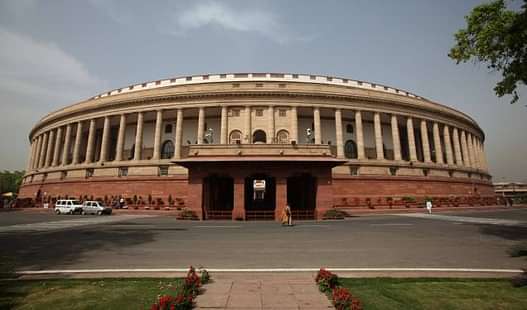
The NEET bill has got the nod in Lok Sabha. According to the bill passed in Lok sabha, private colleges also come under NEET for conducting admissions. The Indian Medical Council Bill 2016 and The Dentists Bill 2016 have been amended and according to the amendments the NEET will be introduced from the next academic year. These amendments have replaced the previous ordinances passed by the Supreme Court stating that the NEET must be introduced from the current academic session.
Health Minister, Mr JP Nadda said that the new legislation has three main objectives:-
- This bill ends the multiplicity of examinations.
- The examination must be conducted in a fair manner and transparent so that the students are mot exploited.
- Issues related to capitation fees.
The minister also mentioned that the examination will be conducted based on the NCERT syllabus. The examination for the UG courses will be taken care by CBSE while the examination for PG courses will be conducted by national Board of Examination. The syllabus will be standardized so that the rural students are not affected.
The minister also asserted that the committee of judges will decide the fee structure for private colleges, he also requested all the states to furnish the details of students who have appeared for the medicine entrance test in the local languages in the past three years. He mentioned that steps will be taken to conduct NEET in local languages. He said that a committee has been set up by PM to investigate issues related to the corruption in Indian Medical council.
AIADMK’s party member Mr. T G Venkatesh Babu demanded that the states must not be forced to adopt NEET from the next academic year. States must be given freedom to conduct test uniformly or separately. Nadda said that the state's quota will be not be affected and dissatisfied members of AIADMK party walked out of the Loksabha.
RSP MP Mr. NK Prem Chandran lauded the Health Minister for his efforts in bringing out the amendments but criticized the supreme court on its ordinance. He opined that the supreme court must not dictate the government on what to do.


 Follow us
Follow us













